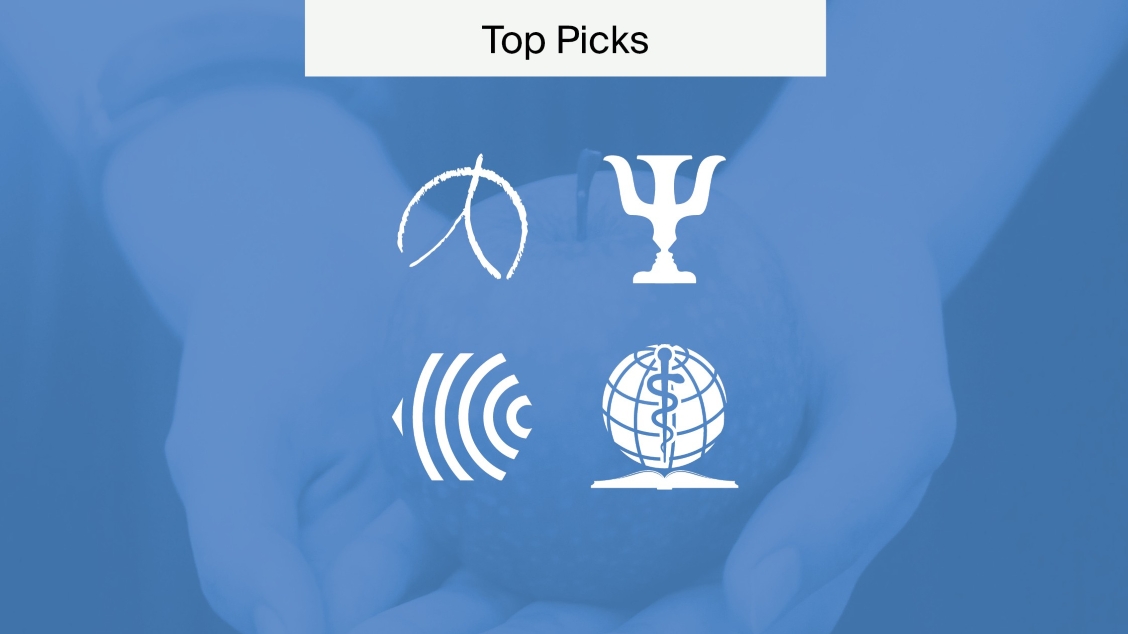
MDPI Articles Cited in the News: October 2024
This October’s Cited in the News features MDPI’s Open Acess articles mentioned by prominent news outlets such as New Scientist and BBC Future. With a focus on human biology and healthcare, we explore a range of topics such as diet and cancer, the use of AI in mental health care, and how the brain’s immune cells are impacted by COVID-19. We also look at the Nobel Prize-winning discovery of miRNA and how research on complex molecules brings along its own challenges.
Published in the International Journal of Molecular Science: Trials and Tribulations of MicroRNA Therapeutics
Cited in New Scientist: Nobel prize for medicine goes to the pair who discovered microRNA
The discovery of micro RNA (miRNA) was revolutionary, but it was only in 2024 that Ambros and Ruvkun were awarded the Nobel Prize in Physiology and Medicine for its discovery in 1993. miRNA is a type of non-coding RNA, meaning that it does not code for a protein like coding RNA does. However, it is still a vital part of our cells’ molecular machinery, as its dysfunction has been associated with a myriad of different human diseases. This encompasses autoimmune, neurological and cardiovascular diseases. With that in mind, researchers have attempted to use miRNA as a potential therapeutic avenue. However, research on miRNA therapeutics is no easy feat.
A review published in the International Journal of Molecular Science (IJMS) uncovers the struggles that scientists have in researching miRNA therapeutics, which include miRNA selectivity and sensitivity and ensuring they are targeting the correct molecular sites.
The article first defines miRNA and describes its production from DNA and function during the process of transcription. In brief, the molecules interact with messenger RNA molecules (mRNA) to regulate the transcription of proteins. The authors then explore the role of miRNA in cancer and the different ways it could be used for therapeutic intervention as well as current advancements in the field.
Published in Nutrients: Fibres and Colorectal cancer: Clinical and Molecular Evidence
Cited in TIME: Why you should eat a dense bean salad today
Research shows that a diet high in fibre provides many health benefits. This includes reducing the risk of colorectal cancer, as seen in a review published in IJMS which explores the current literature on the relationship between colorectal cancer and fibre.
The article provides a detailed insight into the molecular pathways that are triggered after the consumption of dietary fibres during their interaction with gut components. This includes its interaction with the gut microbiome. Dysbiosis (or dysregulation of the microbiome) has been associated with the onset of colorectal cancer. The literature explores how a diet high in fibre has been associated with impacts on the composition and diversity of the gut microbiome, which discourages tumour growth.
Clinical evidence shows that fibre plays a role in the prevention of developing colorectal cancer and that the Western diet, which is high in fat and sugar but low in fibre, promotes the risk of developing the disease. The authors conclude that education on maintaining a healthy diet that includes plenty of fibre should be encouraged from a young age to prevent cancer and other metabolic diseases.
Published in Administrative Sciences: AI in Mental Health Care: Management Implications, Ethical Challenges, and Policy Considerations.
Cited in Forbes: Could a bot be your new therapist? How AI has transformed mental healthcare
Artificial intelligence (AI) is used in many different industries, including the healthcare industry. One of the most common uses of AI in healthcare is diagnosing and predicting the risk of disease through the analysis of mass data, e.g., cancer diagnostics.
Using the same type of machine learning technology, AI is also being used in the field of mental health care, which can be increasingly seen in the form of online or virtual therapists and apps to monitor symptoms. These types of applications may also predict future mental health issues that may arise.
An article published in the Open Access journal Administrative Sciences proposes the current challenges and ethical concerns of using AI in mental health services. With these applications having access to immense amounts of data from individuals, data privacy is becoming more of a concern amongst the population. The study explores potential policies which could be put in place by governments to regulate the use of AI in the field of mental healthcare, particularly because of the use of sensitive data of individuals.
There is no doubt that AI has transformed the landscape of mental healthcare; however, usage of the AI tools still requires closer examination to address users’ ethical concerns.
Published in International Journal of Molecular Science: The Influence of Microglia on neuroplasticity and long-term cognitive sequelae in long COVID: impacts on brain development and beyond
Cited in BBC Future: The cells that protect your brain could also be behind some chronic diseases – including Alzheimer’s
Microglia are specialised immune cells in the brain, working to keep the neural environment functional and healthy. They are a critical component of brain health and neuroplasticity—the ability of the brain to continuously adapt to new information or injury. As SARS-CoV-2 can induce extensive inflammatory responses, both locally and systemically, it is suggested that the virus may be associated with the dysregulation of microglia.
The interaction between long-term COVID-19 and how microglia comes into play in the development of neuropsychiatric disorders is a complex one. An article published in IJMS runs through this, analysing how neuroplasticity is influenced by microglia in the context of long-term COVID-19.
The article explores the molecular pathways involved in COVID-induced neuroinflammation and how this impacts microglial function and neuroplasticity. The authors of the review conclude that dysfunction of microglia is a key component of the neuropsychiatric disorders seen in patients with long-term COVID.
The review also addresses that future research should focus on understanding ways to restore normal synaptic plasticity. This would require a deeper understanding of the molecular mechanisms involved in the abnormal removal of neurons and synapses in disease states. Studies that focus on these concepts are key in supporting those who have experienced neuropsychiatric symptoms and disorders after acquiring long-COVID.










